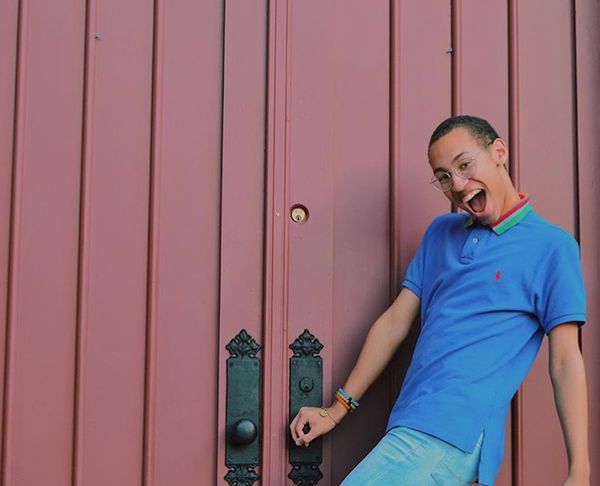Without a doubt, Henrietta Lacks is the most important figure in modern medicine. You may not have heard of her by name, but if you've heard of the polio vaccine, the human genome project, cloning, or in vitro fertilization, then you have already had a brief introduction.
Scientists refer to her as HeLa, and in 1951 she was a poor tobacco farmer and young mother of five who visited Johns Hopkins Hospital, one of the very few hospitals treating African Americans at the time, complaining of vaginal bleeding. Dr. Howard Jones discovered that Lacks had an aggressive tumor on her cervix and biopsied her cervical cells. The samples were sent to Dr. George Gey, who had been collecting cells from cervical cancer patients for years.
Lacks died within a year of her diagnosis, but her cells lived on in Dr. Gey's lab without her or her family's knowledge. Dr. Gey had discovered that Lacks' cells were unique. Where other cells died rather quickly after being removed from the body, Lacks' doubled every 20-24 hours.
Her cells would later be sold, and today there are over 17,000 patients using HeLa cells. Her cells are used to test toxins and cancer treatments among other things, and theoretically make billions of dollars a year. The crazy thing is, not a single penny goes to Lacks' estate or her family.
According to Johns Hopkins, there was no concent protocol in 1951 when Lacks' tissue and cells were taken, and so no ethical line was crossed in how they continued to use her cells, even after her death. They also claim that though her cells were sold, they do not own her cells because cells cannot be legally patented. Rather ownership of sold cells lies with the individuals/corporations that purchase her cells on the open market.
Johns Hopkins also denies profiting from the cells, though her cells have been reproduced billions of times in the name of research and have garnered hundreds of millions of dollars in research and development. While corporations have profited hugely from HeLa, the Lacks' family has received no compensation.
If that isn't sickening enough, in 2013, German scientists published a paper announcing they had sequenced the entire genome of a HeLa cell. And while HIPPA doesn't allow medical professionals to release personal or sensitive information about patients, even after they have died, these scientists were able to put Lack's DNA sequence on display without her consent.
As it usually goes, the scientists later removed full details of the Lacks genome as well as issued an apology to the Lacks family...after backlash. At the same time, the scientists as EMBL argued that the genome they sequenced could not be used to make any sensitive medical conclusions about Lacks or her living family members, whose DNA was partly on display as well.
Later that year, the National Insitute of Health announced that two members of the Lacks family would sit on the board that reviews applications for the HeLa genome data, the agreement, of course, did not include compensation.
Lacks' oldest son, Lawrence, who is now 85, and two grandsons are fighting to regain control of their mother, and grandmother's cells and legacy. Lawrence Lacks didn't know until years after his mothers' death that she was still living on in test tubes around the world (and in outer space.) He and members of his family feel violated, and rightfully so as his mother's body will continue to be abused in the name of science.
The abuse of black people in the name of science isn't new. We know about gynecologist J. Marion Sims and his surgeries of enslaved African women--without anesthesia, scientists feeding sulfuric acid to "negro prisoners" to test its effect, and the Tuskegee experiments. The troubling story of Henrietta Lacks is another to add to the pile, but what makes her different, is that it is allowed to happen in 2019---a "post-racial," but obviously not moral, society.



















